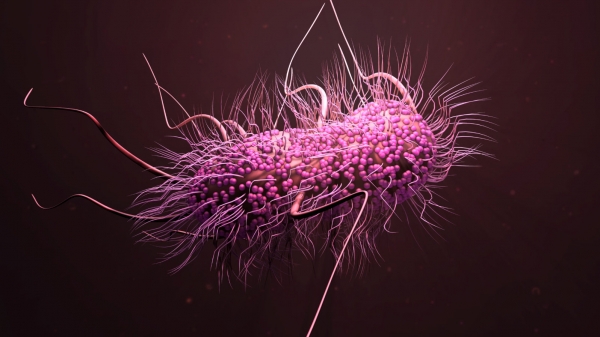A process called sporulation that lets the harmful bacterium Clostridium difficile (C. difficile) thrive and propagate inhospitable conditions is controlled by epigenetics, factors impacting gene expression beyond the DNA genetic code, scientists at Mount Sinai's Icahn School of Medicine study. This is the first discovery that sporulation in any bacteria is driven by epigenetics. Their research, published in Nature Microbiology on 25 Novem....
Tags : infection, epigenetics, Sporulation , bacteria, harmful bacterium, Clostridium difficile,


comments (0)